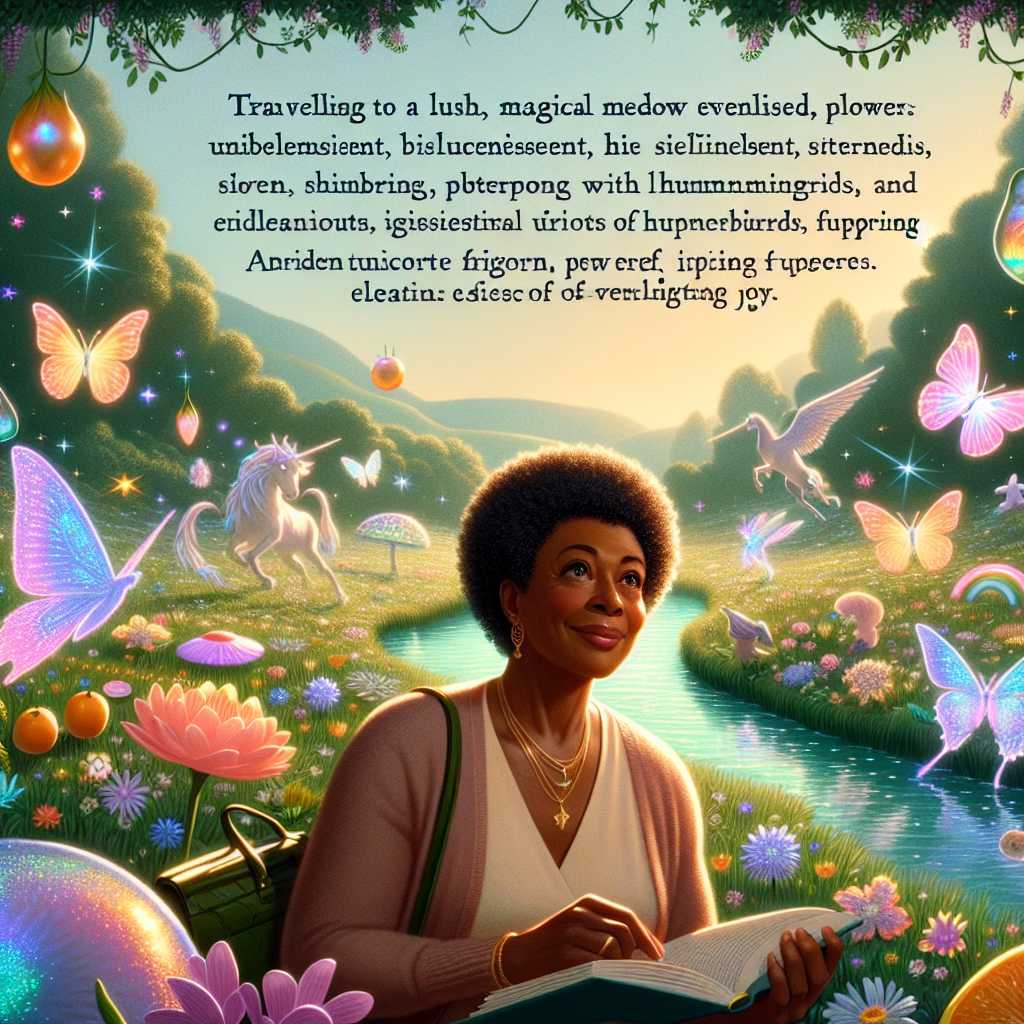
In the heart of the bustling port town of Bruges, where cobbled streets wound through age-old stone buildings like veins through a mighty oak, the muted whispers of convent walls held secrets untold — secrets that have long since dissolved into the mists of time. The year was 1521, and Europe stood on the precipice of change, torn between the old order and burgeoning new thoughts that carried across the continent on the same winds filling the sails of Venetian traders and Spanish galleons.
It is here, within the protective embrace of the convent's high, ivy-woven walls, that our tale unfolds. A place where the norms of the burgeoning new world found challenge in the solemn steadiness of tradition. The convent, devoted to St. Cecilia, patroness of music, was home to a choir of nuns whose voices were said to rival those of angels. Yet among them, none was more gifted than the young Sister Thalia.
Sister Thalia, with her auburn hair seen only by the eyes of God, spent her days in pious duty and her nights composing heavenly hymns that she would sing in profound solitude. Her music held a power that was said to heal the soul, and those who happened to hear her melodies drifting into the winds late at night would pause, enraptured, as if touched by divine grace.
"Music is the language of the soul," the abbess would often remind her charges. "Through harmony, we find peace within and extend it to the world."
But peace in those times was a fragile thing. The Protestant Reformation had set Europe ablaze, and teachings opposed to the established Church were whispered throughout Bruges. These teachings were carried within the hearts of travelers and traded like currency, drawing the eyes of the Inquisition towards the town’s ancient streets.
It was a frosty morning, the kind where breath hung in the air like a spirit untethered, when a stranger arrived at the gates of the convent. Dressed in scholarly robes, his presence was as enigmatic as the thick book he carried, clasped tightly in worn hands. He introduced himself as Anselm, a student from far-off Wittenberg, seeking refuge and a place to study the sacred music that filled the convent's revered halls.
The abbess, a woman of stern gaze softened by years of wisdom, allowed him temporary shelter. Anselm was given quarters befitting a scholar, and soon his presence became a fixture, his deep voice mingling with the choir as the nuns rehearsed their hymns.
Yet it was Sister Thalia who found herself drawn to him the most, not by choice but by an invisible thread that seemed to tug at her soul. Anselm's presence lingered around her like a shadow, and his insights into her compositions opened unseen doors within her heart. He spoke of music as a living force, one that reflected the turmoil and beauty of life itself.
"There is a song within you, Thalia," Anselm said one evening as they labored over her latest hymn. "A song that speaks to more than faith. It whispers of freedom."
Conflicted, Thalia retired that night, her mind a tempest of thoughts and emotions. She spoke with God, seeking guidance, yet found her heart echoing with the man's words. In the weeks that followed, the winds of change continued to blow through Bruges, and tensions rippled just beneath the city's serene facade.
It was the eve of the Feast of St. Cecilia when fate took its course. A clandestine gathering was taking place outside the convent's walls, led by Reformists who sought to share translations of the Gospel in the vernacular tongue — a dangerous act deemed heretical by the Inquisition. Unbeknownst to the sisters, Anselm's visit had been twofold: to seek solace, and to bear witness to this quiet revolution.
As the sun dipped below the horizon and the air turned crisp with night, the walls of the convent could not contain what was meant to be free. Thalia, as if driven by an unseen force, found herself drawn to where she could hear the hushed tones of scripture being spoken beyond the convent's walls. In her heart, she felt an exquisite harmony resonating with those words, with the truth and its gentle defiance against intolerance.
In the quietude of that moment, she began to sing. And not just any song, but a melody that soared with hope and defiance, weaving with each note the breath of freedom and understanding. Her voice, strong and pure, carried over the stone edifices of the convent and into the night, reaching the ears of those who gathered in secrecy.
It was a song of longing and unity, a plea for voices long silenced to be heard, for beliefs to coexist without fear. It was unchained, a rare beauty that spoke what words could barely touch: the invincible spirit of a quiet revolution.
By dawn, the streets of Bruges buzzed with whispers of the hauntingly beautiful song that had graced the night. But for Thalia, there was no regret in what had been sung. As the first light touched the convent, Anselm departed, leaving behind his book — a gift of freedom and understanding — for her to cherish.
The convent's silence resumed, but within its walls lay the memory of a song that had changed everything. Years rolled on, but the quiet defiance sung by one cloistered voice continued to echo, a whisper of history immortalized in the winds of change.
Thus ends the tale of Sister Thalia and the Silent Convent, a thread of history interwoven with the enduring song of time.










